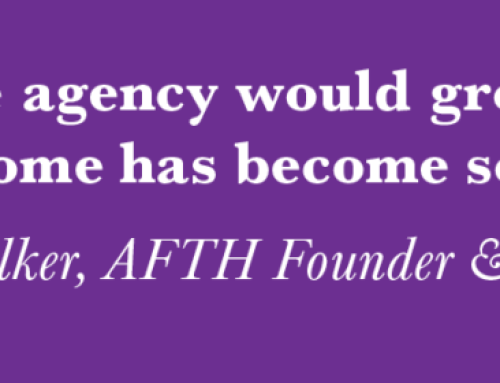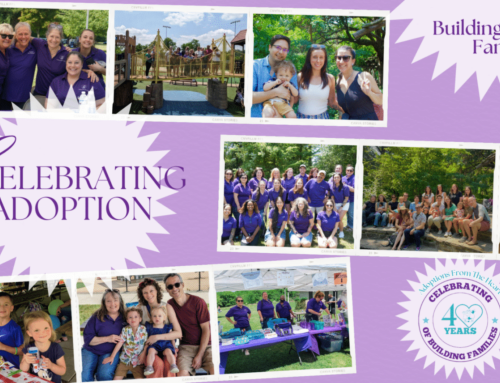It is perfectly normal to have reservations about including the birth parents into your families life, however before you dismiss open adoption remember that it is all up to the comfort level of you and the birth parents. Setting up healthy communication boundaries is normal. Below are some key points on finding your communication comfort zone.
Honesty is the best policy
Be 100% honest about your comfort levels in communication and interaction with expecting parents. Prospective adoptive parents and expecting parents need to share what they want out of the relationship in the first meeting.
Empathy and understanding
Birth parents and adoptive parents respectfully go through their own wave of emotions post-placement. It is not uncommon for a birth parent to initially agree to monthly photographs, but then change their mind. You may even send the birth parents emails and then receive no response in return. These long periods of silence or sudden disinterest in receiving pictures is nothing personal towards the adoptive parents. It is important for adoptive parents to understand that birth parents can go through unexpected periods of grief. In order to heal and deal with their grief, limiting contact while seeking help may be what is best. A way to show the birth parent you care is to respect their space. Along with giving them space, always remember to let them know that you are there for them.
Addressing your needs as an adoptive parent
The first few months of raising a baby is a big adjustment no matter how much one prepares. Within the first few months of a child’s life they may need that time to physically, mentally and emotionally settle into their role as the child’s parent. Never be ashamed about your needs as a parent. If daily texts/calls/emails and etc. become overwhelming, you can always discuss this with your social worker on how to tactfully address your feelings with the birth parent.
Once the communication boundaries are established, adoptive parents must honor what they promised the birth parents. A birth parents chooses you to raise their child because they established a level of trust and respect with you. Once in awhile it is important for adoptive parents to take a hard look in the mirror and ask themselves, “Am I keeping my promise to the birth parents? Or am I possibly creating a level of distrust for my lack of outreach?”
We now leave you with this quote:
“Birth mothers who were more satisfied with their contact arrangements, regardless of the level of contact, had less unresolved grief 12 to 20 years post-placement,” said Dr. Harold D. Grotevant, founding director of the Rudd Adoption Research Program at University of Massachusetts Amherst.





